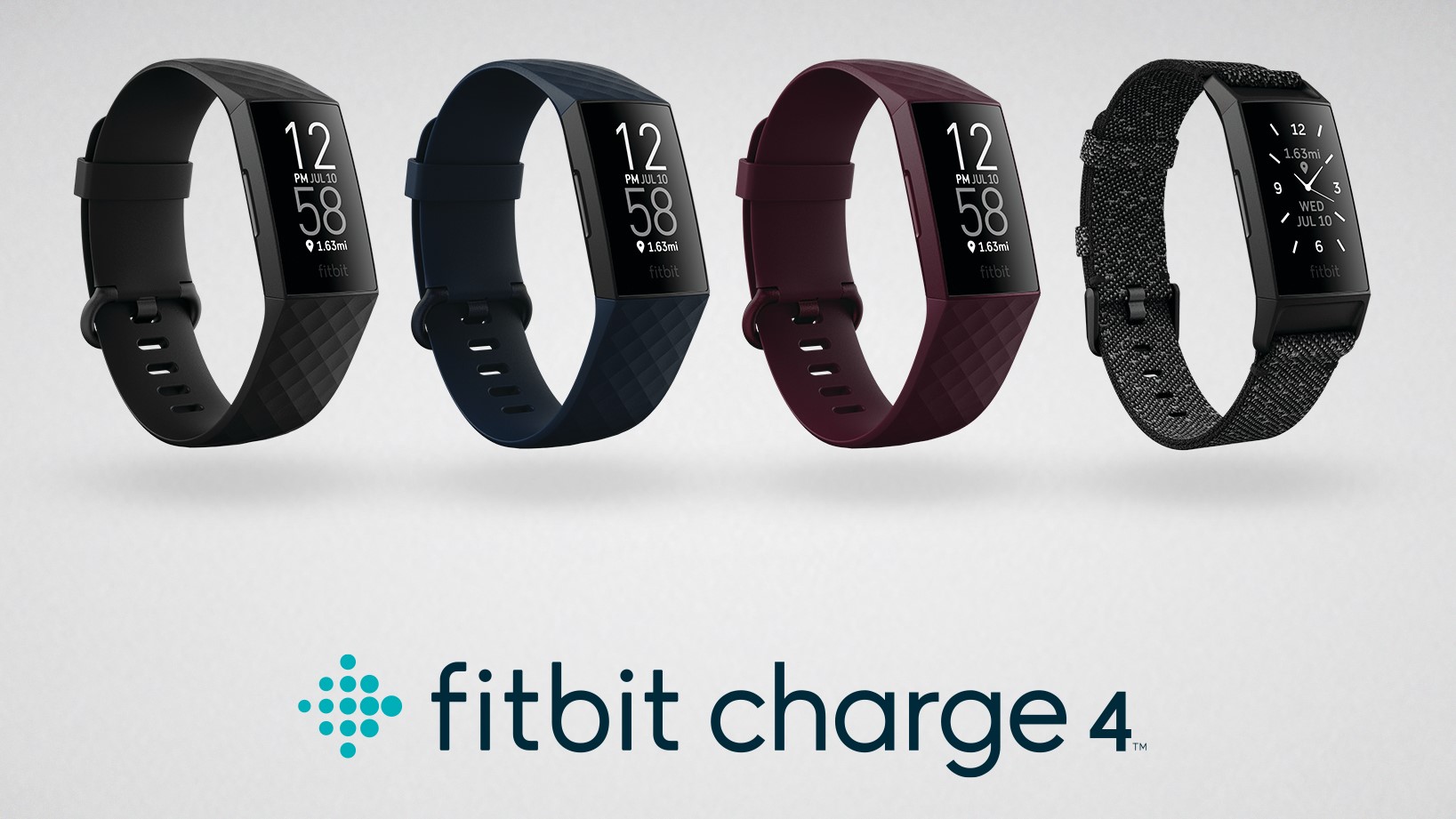NASA is giving employees Fitbits to help slow the spread of Covid-19, but will it work?
To boldly stay at home

NASA is giving Fitbit Charge 4s to 1,000 of its employees to help reduce the risk of infectious disease spread in its space missions. If this pilot plan is successful, NASA may expand the scope of its program beyond mission-critical teams to all staff.
Using wearable technology, NASA hopes its employees will be better equipped to track their health and detect any potential disease symptoms as quickly as possible. Fitbit’s Daily Check-in feature will provide regular Covid-19 guidance, allowing wearers to better decide if they are fit to work or not.
Depending on NASA’s results, perhaps wearing a Fitbit or similar device could become another part of the new norm. But just how effective can these devices be at detecting if we are sick?
- Polar’s latest heart rate sensor can be worn anywhere on your body
- Your Fitbit Charge 4 is getting a big update
- How to use the Fitbit app to track your blood glucose levels
How effective are Fitbits at tracking flu-symptoms?
Unfortunately, wearable tech like the Fitbit isn’t yet at the point where it can replace a Covid-19 test, but similar devices have been shown to be able to pick up the signs of flu-like illnesses.
A study published on Nature in November 2020 showed that by tracking heart rate and other metrics with a wearable device, scientists were able to see a change in a person’s physiology before they showed other symptoms of being sick.
A lack of detectable symptoms doesn’t mean a person is necessarily healthy, but readings from a wearable device like a Fitbit can inform them that they could be sick and should stay at home. In a press release, Fitbit announced that they are working with the Feinstein Institutes for Medical Research to develop and improve their early detection algorithms.
- The best Fitbit 2021: which Fitbit is right for you?
Sign up for breaking news, reviews, opinion, top tech deals, and more.

Hamish is a Senior Staff Writer for TechRadar and you’ll see his name appearing on articles across nearly every topic on the site from smart home deals to speaker reviews to graphics card news and everything in between. He uses his broad range of knowledge to help explain the latest gadgets and if they’re a must-buy or a fad fueled by hype. Though his specialty is writing about everything going on in the world of virtual reality and augmented reality.